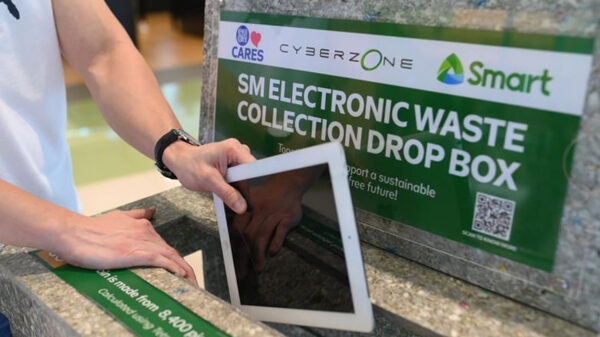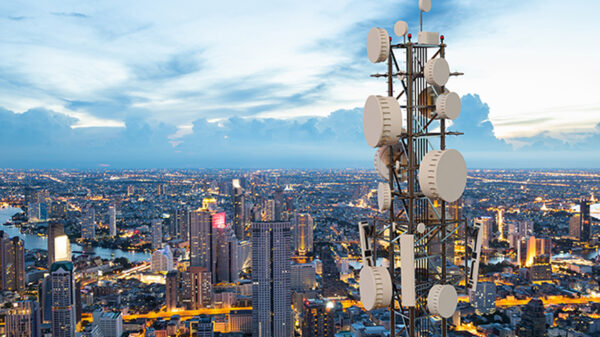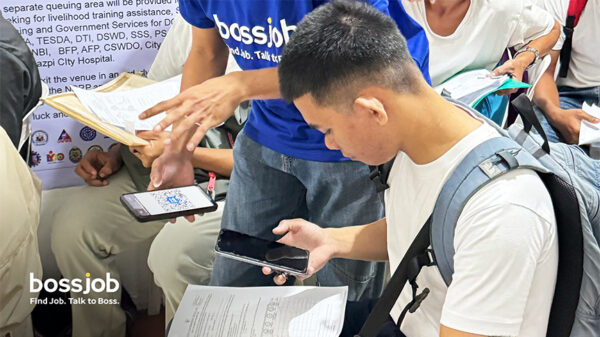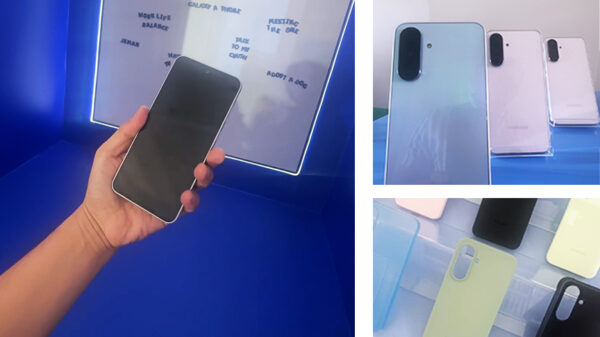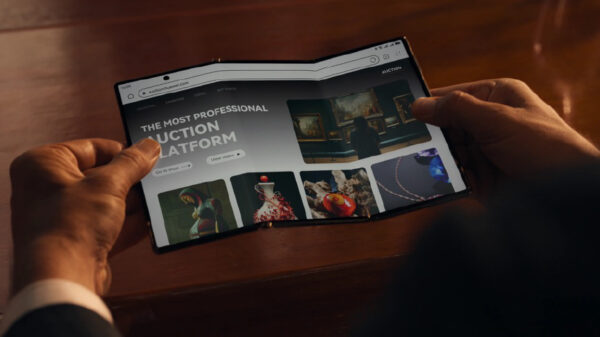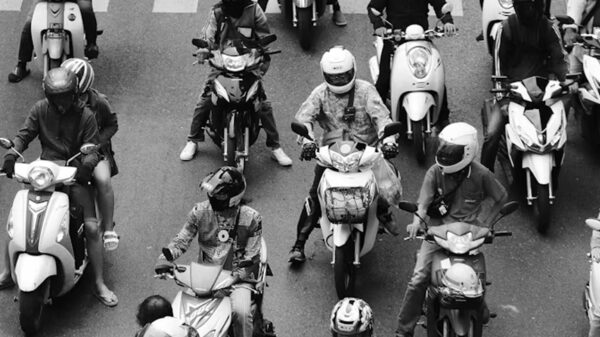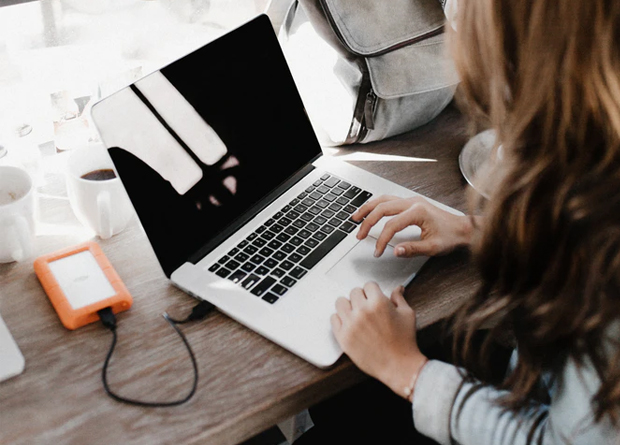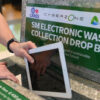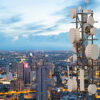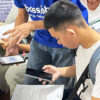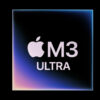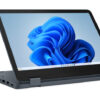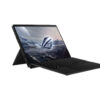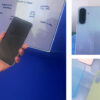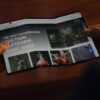By Aaron Zander, Head of IT, at HackerOne
I’m sure that, as a whole, webcams are being targeted more than ever as a vector of attack. The more folks that are using webcams, or being in front of them often, the likelier the chances of exploitation, and the greater the chances that accidental mistakes happen.
There has also been a reported increase in scams during Covid-19 in which a bad actor tries to extort a victim by threatening to reveal images and videos of the victim, but the scammer actually doesn’t have an image that they claim they have. That is something to be mindful of as well.
It is always advisable to cover up a webcam when not in use, especially during times like this when we are using our webcams more frequently than we are used to.
How easy is it to hack into someone’s webcam? (Security cameras, laptops, baby monitors)?
This ranges from very hard to easy, depending on the camera system, and how it’s set up. Cloud-based IoT cameras have a long history of bad security and other issues. These devices have been taken advantage of by bad actors to do everything from harassment to stalking to blackmail and extortion.
Apple has put serious work in place to prevent your webcam from being on without you being aware, but not every manufacturer has taken these steps. Webcam covers can be good, but hacking isn’t the only way to exploit a webcam. An individual convincing another individual to perform acts with the expectations of privacy and then using recordings from those sessions is far more common than any hack.
This can range from something embarrassing, all the way to what’s known as “revenge porn”.
There is also malware out there that can install remote desktop software in which hackers could get control of your device, including the webcam. That is why it is important to keep your security software up to date and be careful what you download, including links and websites that you visit.
What do cyber criminals do with these videos?
Usually, it boils down to money or leverage. We, as a society, often fear being exposed in uncomfortable situations, and audio and video recordings of sensitive conversations about finances, or private company information can be very valuable. Either used against an individual, and held over their head as a means of control, or used as insider information for financial gain over parties or companies mentioned.
What are the warning signs that your webcam is hacked?
The truth of the matter is that there are often little or no signs that a hack has happened. If we’re talking about recording devices like security cameras or other devices, seeing if there are additional logins, degradation of performance or a lack of recordings can all be a sign. If you store the data recorder on-premise, or in your home, you might see outside traffic trying to connect to it, but that isn’t something many lay people will notice. As for webcams on your computers, this can be nearly impossible to tell or detect.
How can we secure our webcam devices to prevent getting hacked?
Apple has hard-wired the power of your camera on your Mac computer devices to the LED next to it. If your camera has power, so does the LED. Though as my friend Michiel Prins, co-founder of HackerOne has always joked, all it takes is 3 seconds and a sharpie to cover that LED. Camera covers can help, though make sure your cover doesn’t separate your laptop lid, and keyboard too far apart as the separation can lead to damage to your display. Making sure your cameras are updated especially if you use external/usb webcams, your accounts for your home cameras have multi-factor authentication setup and are updated often, and that you check the login history regularly will all help. And, as Advice Columnist and founder of the It Gets Better movement, Dan Savage has said, one day we’ll have such a critical mass of our own naked pictures out in the world, that no one will be able to blackmail us with them.

